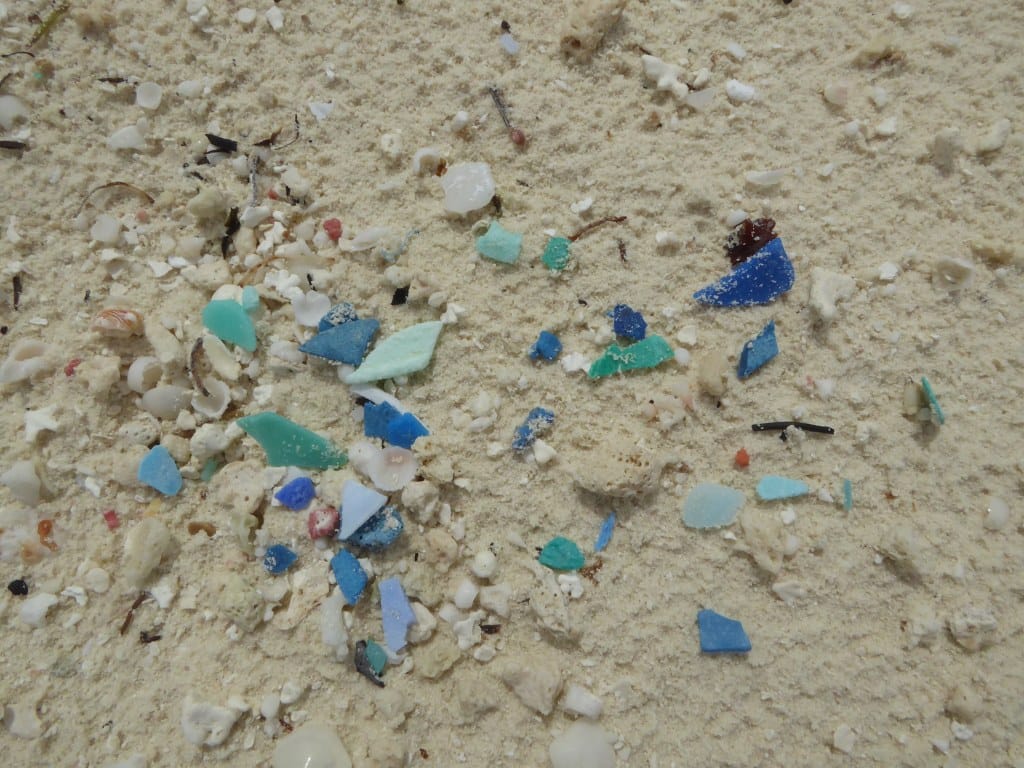Revolutionary Breakthrough: Scientists Perfect One-Step Process to Convert Plastic Waste Into High-Quality Fuel
A groundbreaking scientific achievement promises to transform our approach to plastic waste management forever. Researchers have successfully developed the world's first single-step method that converts plastic waste directly into usable fuel with an unprecedented 95% efficiency rate, potentially solving two critical global challenges simultaneously: the mounting plastic pollution crisis and our ongoing energy needs.
The Game-Changing Technology
This revolutionary process, developed through years of intensive research, eliminates the multiple complex stages traditionally required for plastic-to-fuel conversion. Unlike previous methods that required sorting, cleaning, melting, and chemical treatment in separate phases, this innovative approach accomplishes the entire transformation in one streamlined operation.
The technology utilizes advanced catalytic processes that break down plastic polymers at the molecular level, restructuring them into high-grade fuel compounds. What makes this particularly remarkable is the 95% efficiency rate – meaning that virtually all input plastic material is successfully converted, with minimal waste or byproducts.
Addressing the Plastic Crisis by the Numbers
The timing of this breakthrough couldn't be more critical. Current statistics paint a sobering picture of our plastic waste challenge:
- Over 380 million tons of plastic waste are generated globally each year
- Only 9% of all plastic ever produced has been recycled
- Approximately 8 million tons of plastic enter our oceans annually
- At current rates, oceans could contain more plastic than fish by 2050
This new conversion method offers a viable solution for the 91% of plastic waste that currently ends up in landfills, incinerators, or natural environments. By transforming this waste stream into valuable fuel, we create economic incentives for plastic collection and processing.
Energy Production and Environmental Benefits
The fuel produced through this process meets high-quality standards suitable for various applications, from powering vehicles to generating electricity. Early testing indicates the fuel burns cleanly with emissions comparable to traditional refined petroleum products, but with the added benefit of reducing overall plastic waste.
Environmental scientists are particularly excited about the potential impact. Dr. Sarah Chen, an environmental engineering specialist not involved in the research, explains: "This technology could fundamentally alter our waste management paradigm. Instead of viewing plastic waste as an environmental burden, we can now see it as an energy resource."
Economic Implications and Market Potential
The economic ramifications extend far beyond waste management. This technology could create entirely new industries centered around plastic collection, processing, and fuel production. Developing nations, often disproportionately affected by plastic pollution, could potentially transform this environmental challenge into an economic opportunity.
Conservative estimates suggest that if implemented at scale, this technology could process millions of tons of plastic waste annually while generating substantial energy output. The fuel production could offset petroleum imports for many countries, creating additional economic benefits and energy security advantages.
Implementation Challenges and Timeline
Despite the breakthrough's promise, several hurdles remain before widespread adoption. Scaling the technology from laboratory to industrial levels requires significant infrastructure investment. Regulatory frameworks must be developed to ensure safety and environmental standards are maintained throughout the conversion process.
Researchers estimate that pilot programs could begin within two to three years, with commercial-scale operations potentially available within the decade. The technology's developers are actively seeking partnerships with waste management companies, energy producers, and government agencies to accelerate deployment.
Looking Forward: A Plastic-to-Fuel Future
This scientific achievement represents more than just technological progress – it embodies a fundamental shift toward circular economy principles where waste becomes a resource. The 95% efficiency rate sets a new standard for waste conversion technologies and demonstrates that innovative solutions can address multiple environmental challenges simultaneously.
As this technology moves from laboratory to market, it offers hope for addressing two of our most pressing global challenges. The transformation of plastic waste into fuel not only provides a practical solution for pollution but also contributes to sustainable energy production.
The success of this one-step conversion method proves that breakthrough innovations can emerge from persistent scientific research and creative problem-solving. As we face an uncertain environmental future, such technological advances provide crucial tools for building a more sustainable world while creating economic value from what was once considered merely waste.
